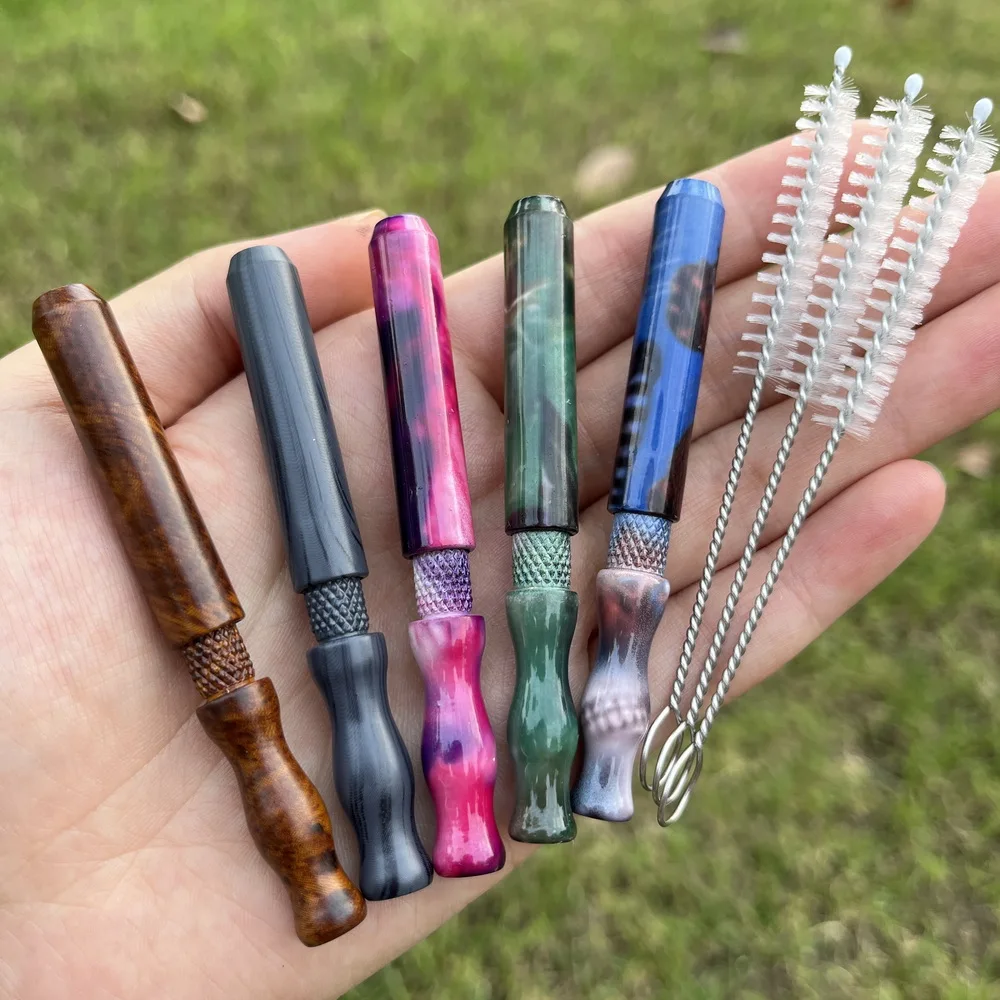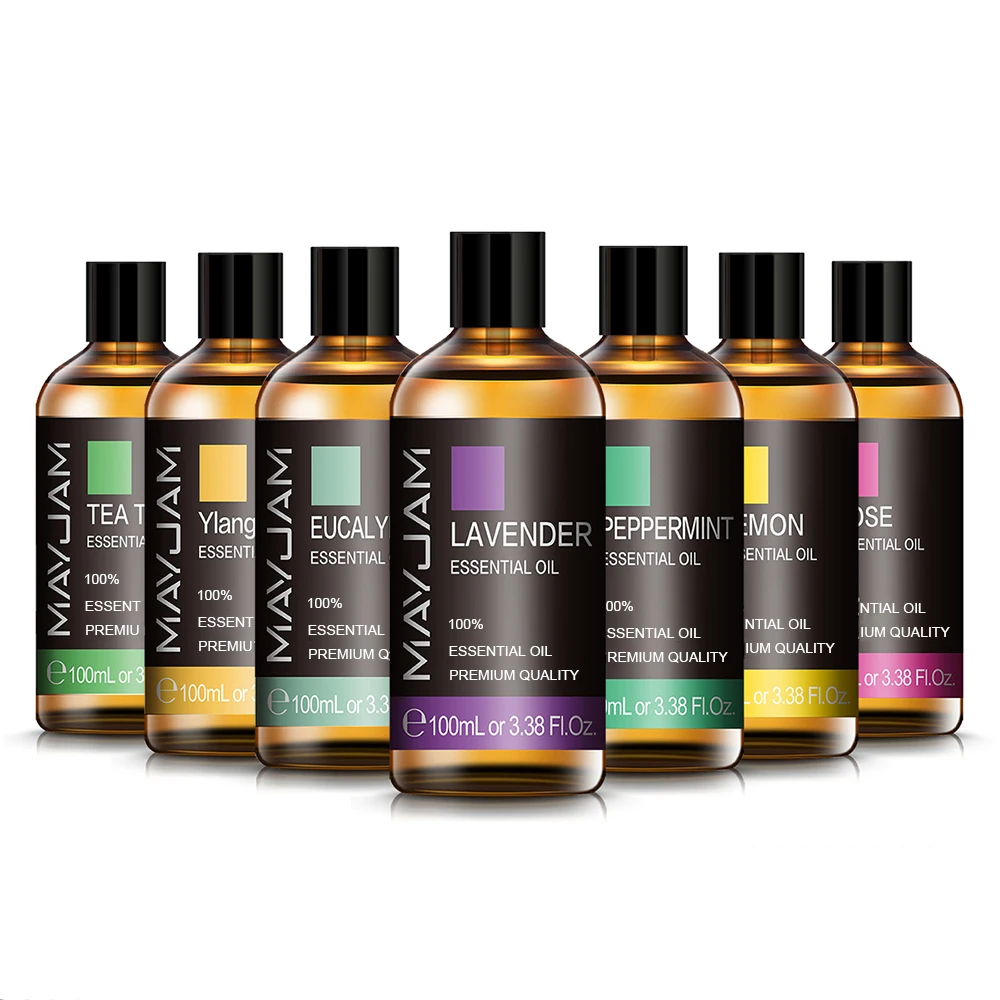You can spot a real brand in the wild.
It walks into a room before the founder does.
You see the logo on a skateboard, a guitar case, the back of someone’s neck.
That’s the test.
If people wouldn’t tattoo your brand on their skin, maybe it’s not a brand. Maybe it’s just merch.
Josh Kesselman doesn’t complicate this. He doesn’t hide it behind a presentation or a “thought leadership” keynote. He looks at a room full of founders and says the thing people don’t say out loud.
“When you launch a brand, ask: Is it tattooable? If the answer is ‘yes,’ you’ve got it.”
This happened at the IgniteIt Cannabis Market Spotlight: California. A panel on authenticity and culture. Josh showed up with his usual mix of humor, truth and fire. No slides. No bullshit. Just the founder of RAW explaining how to build something people love with their whole chest.
Start with the person, not the product
Kesselman doesn’t begin with marketing. He begins with the human being.
“It’s all about authenticity. If you’re not an authentic person, how the fuck are you going to make an authentic product?”
He doesn’t talk about authenticity. He shows it.
Say what everyone else hides
Most brands hide flaws. Kesselman talks about them on purpose.
“When you talk about your products, talk about the good, the bad and the ugly,” he said. “We make jokes about how my gum line curls. It does. I could fix it, but the solution is a chemical I don’t want to use. So I just explain that, completely honestly. It won’t stick as well in the summertime. Now you gotta let it dry more before you fly.”
He shrugs. That’s the point. Tell the truth. Choose values over shortcuts.
“I’ll launch something and tell people what’s wrong with it. I’ll make it better in V2, but here’s V1. We’re all human. You sell ten thousand, get feedback, fix it, repeat.”
Truth builds trust. Trust builds loyalty. Loyalty builds culture.
Pass the tattoo test
The tattoo test is simple.
A logo isn’t just a mark. It’s a story. It’s belonging.
If someone tattoos it, you don’t own the brand anymore. The culture does.
Tattooability means:
- The product hits
- The values are real
- The feeling is shared
If the brand doesn’t earn devotion, don’t scale it. Fix the meaning, not the packaging.
Expect resistance and keep creating
Josh doesn’t romanticize success.
“You’re going to deal with two main problems. Law enforcement and entrenched players,” he said. “Older, well-resourced incumbents may not innovate. They’ll try to stop you. Don’t get mad. Recognize it’s part of business. Keep innovating and find another way.”
Innovation, to him, is not jargon. It is duty.
“Innovation is why business exists. We get rewarded with these made-up slips of paper we call money for making a better wheel for the tribe.”
Better wheel. Better culture. Better high.
Be a person, not a persona
Kesselman doesn’t play the flawless founder.
“I broke down and I shared my breakdown with the audience,” he said. “You can smell bullshit a mile away. When you truly open up about what’s happening, people feel it.”
The room went silent. Not because he was weak. Because he was real.
That honesty became a bridge.
How to use Josh’s playbook this quarter
- Release V1. Tell people what you already know needs improvement.
- Publish a short “good, bad, next” with every drop.
- Run the tattoo test. If it’s not tattooable, rethink the meaning.
- Innovate on cadence. Small improvements beat rare stunts.
- Make a one-page plan for turbulence.
- Talk to people. Listen. Improve something because they asked. Let them see it.
The throughline
Tell the truth.
Make what you love.
Improve relentlessly.
Earn devotion.
Build something someone would wear for life, not just buy for the weekend.
That’s the tattoo test.



























